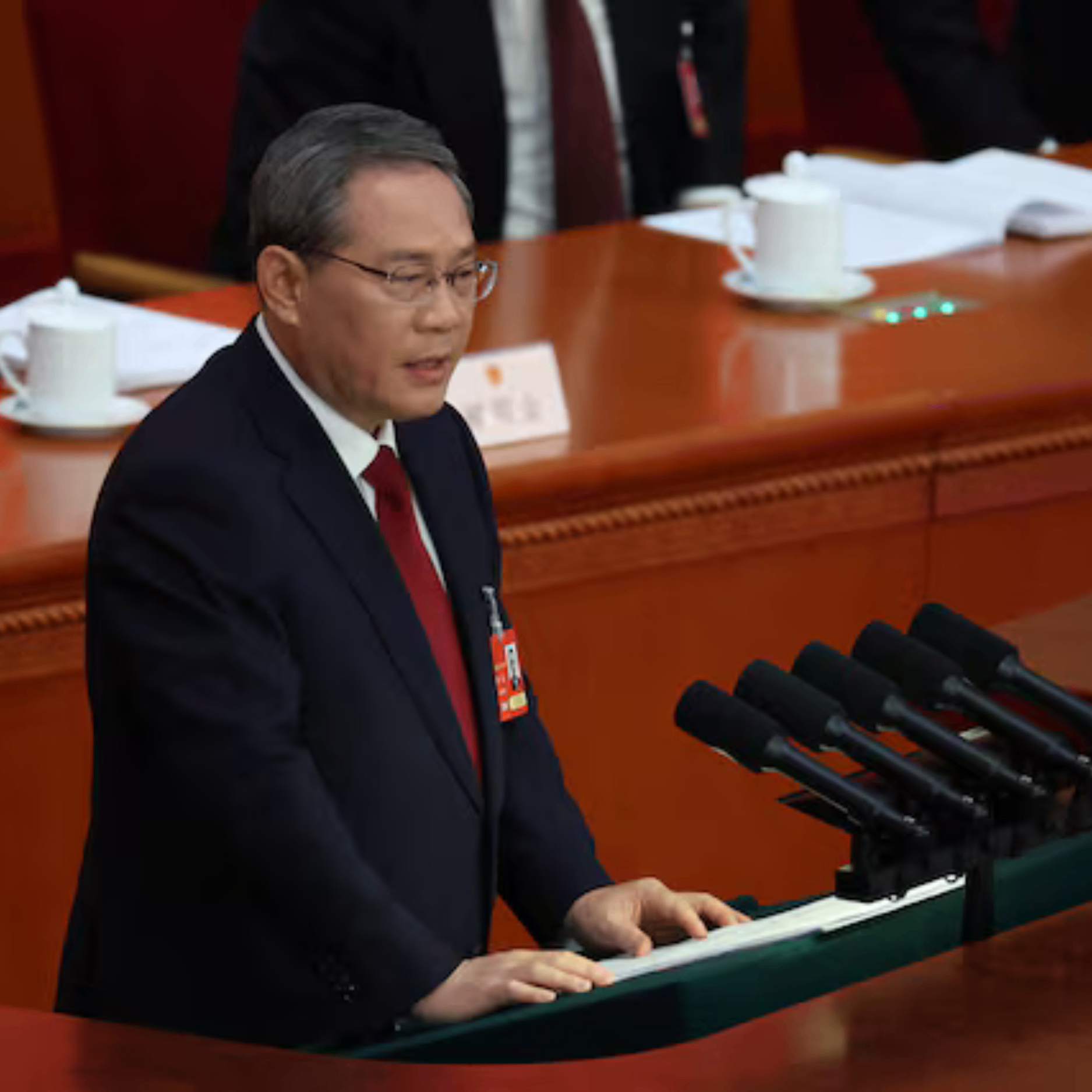Beijing urges exporters to explore untapped regions and reduce reliance on Western markets as global trade dynamics evolve.
In a decisive move to safeguard China's economic stability, Premier Li Qiang has called on Chinese exporters to actively diversify their market reach, citing what he described as "profound and complex changes" in the global trade environment.
Speaking at a national conference with top trade leaders and export-focused enterprises, Li emphasized the urgency of reducing dependence on traditional Western markets and adapting swiftly to emerging economic realities. With global supply chains facing increasing disruption and geopolitical tensions escalating, China’s leadership is steering the nation toward what it describes as a "resilient and self-reliant" economic strategy.
“We must be ready to engage with new markets, expand into regions previously untapped, and embrace innovative models of international trade,” Li asserted. “Diversification is no longer a strategy—it is a necessity.”
The call to action follows the latest wave of economic friction between China and its major trading partners, including the United States and the European Union. Trade tariffs, sanctions, and growing scrutiny of Chinese technologies have put pressure on key sectors, prompting the government to rethink its export roadmap.
Pivot to New Partnerships
Beijing is reportedly looking toward Southeast Asia, Africa, Latin America, and parts of the Middle East as fertile ground for trade expansion. Government agencies are working closely with major Chinese exporters to facilitate entry into these markets by easing regulatory pathways, promoting bilateral trade deals, and offering financial incentives for companies that pursue overseas growth outside of traditional zones.
State-owned enterprises, including those in manufacturing, technology, and renewable energy, are already deploying resources to establish footholds in countries aligned with the Belt and Road Initiative. Meanwhile, small and medium-sized enterprises (SMEs) are being encouraged to explore niche opportunities through digital platforms and cross-border e-commerce.
Emphasis on Domestic Demand
Li also reiterated the importance of boosting internal consumption as a stabilizing force amid turbulent international trade dynamics. Recent government measures—ranging from consumer tax breaks to domestic supply chain strengthening—aim to balance external vulnerabilities with stronger internal economic engines.
Global Response and Investor Sentiment
Markets responded cautiously to Li’s statement, with global investors watching for further signs of China's evolving trade policies. Analysts suggest that while diversification presents long-term resilience, the near-term challenges remain considerable.
“China’s shift in strategy is pragmatic given the current geopolitical climate,” said Dr. Mei Yuan, a senior economist at the Asia Trade Institute. “But the transition will require structural shifts, investment in logistics, and recalibrating the mindset of exporters accustomed to Western demand.
References
Reuters Staff. (2025, April 15). China’s premier urges exporters to diversify markets amid “profound” changes. Reuters.
https://www.reuters.com/markets/asia/chinas-premier-urges-trade-companies-diversify-markets-amid-drastic-changes-2025-04-15/




 ${ lang === 'zh' ? '中文': 'ENG' }
${ lang === 'zh' ? '中文': 'ENG' }
 ${ lang === 'zh' ? '中文': 'ENG' }
${ lang === 'zh' ? '中文': 'ENG' }


